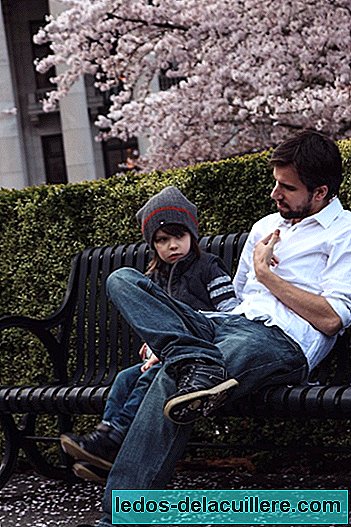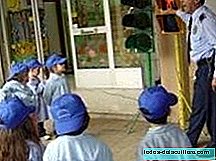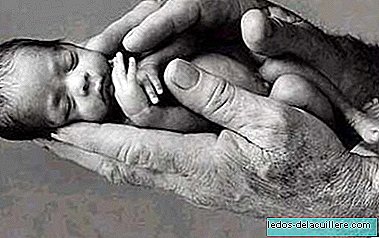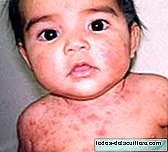We have lived a day of horror. On television, newspapers, the Internet, the news of the disaster slipped into our homes, in our lives and in our soul. If it is difficult for an adult to digest this type of barbarism, what happens to the children? How does the news of terrorism affect our children? What can we parents do to help them to manage it?
When children are exposed to a traumatic situation
A natural disaster, domestic violence, abuse or terrorist acts such as those in Barcelona are situations that can lead children to experience a strong psychological and emotional discomfort
The negative impact of this type of event is greater the closer and direct contact with what happened the child had. However, even if you have not been a direct witness to the event, knowing the news, exposure to information and / or seeing the reactions of your reference adults can cause discomfort, just as happens to adults.
Hiding the facts is not the solution
It is not advisable to avoid addressing the issue with them or ignore it: if they have already had contact with the news, if they notice us restless or "weird", omitting information from us will only cause them to "fill in" with their imagination, that their fears are feed and grow, and more distress is generated.
Before seven or eight years (and depending on the characteristics of each child) we must avoid seeing images of the event. If you have already seen them We need to talk to them about the subject, because if we don't explain anything to them, if we don't help them understand what they have seen, nightmares, fears and even phobias may appear. Fear is a natural response, it is adaptive, but when we do not manage it well it can become trauma, phobia, and that is what we do not want.
We must talk to them, about everything, always, adapting the language and the message to their age.

What negative reactions can occur in children to these types of events?
These types of situations may affect some children more than others. Among the negative reactions that could occur if this event is especially traumatic for our child, are:
Less than 6 years:
- They can show more need for closeness with attachment figures (mom, dad ...)
- Motor agitation, that is, are more "moved" than usual
- Crying or screams
- To resume behaviors “already overcome” typical of previous stages of development, such as wet the bed, the fear of the dark ...
Between 6 and 11 years old
- At night they can appear nightmares
- They show restlessness during the day
- Physical pain or discomfort for no apparent medical reason
- Can be irascible (or more irascible than usual)
- Have trouble concentrating
- Be sad
- Appear fears new (and not necessarily linked or related to the event in question)
Preteens and teenagers
- They can relive the event, or have a hard time getting rid of the idea and keep it in mind for much of the day
- Show behaviors aggressive
- Polarized thoughts, as an idea of revenge, violence, etc.
- Nightmares or insomnia
- Mood depressant

What can we parents do?
From the outset, and as I said before, it is very important to talk with them, not hide them reality. Children do not live in isolated bubbles, and it is very possible that sooner or later they will find out what happened, so it is better that this information comes from our hands, in a controlled way.
Control our behavior and our expression of emotions. It is not about hiding how we feel, it is good that they see that adults also cry or are afraid, but avoid excessive signs of that fear, anguish ... The reaction of the little ones will depend largely on what they see in us : we are their reference figures, and they need to know, especially when they are young, that "we have control of the situation", that we can protect them.
Calm them down adapting the message to the child's age: we will be together, the police are doing their job, it is very difficult for anything to happen to us, we will take care of them ...
Take back the routines as soon as possible: it is normal to feel bad and be afraid, but we will continue with our life. The interruption of the usual guidelines at home only enhances the magnitude of the event.
Let them cry, ask, get angry ... They have to express their emotions, it is very healthy, and we must be there to listen to them. This will also allow us to help them manage them. But we must not force them to do so, or to externalize or speak if they do not feel like it. In that case we can use the game to address the issue, through dolls, for example.
Situations like the one that Barcelona has unfortunately experienced make us all tremble, and although the parents are distressed how our children will take it, the truth is that with a little help and accompaniment they assume it and They manage almost better than us. Blessed childhood
My deepest condolences to the victims, family and friends.
Photos: Pixabay.com
In Babies and more: How to explain to children what terrorism is? How to explain terrorism to children: seven tips to talk with them about the Barcelona attack












